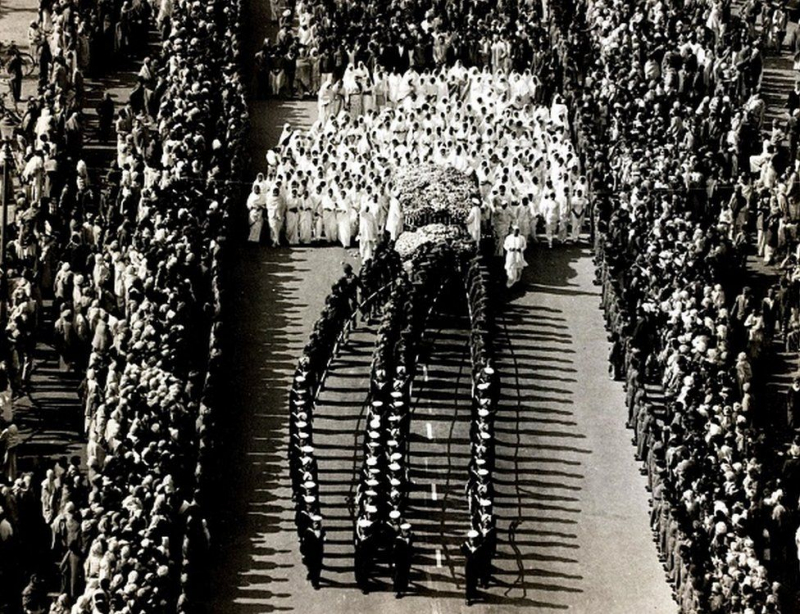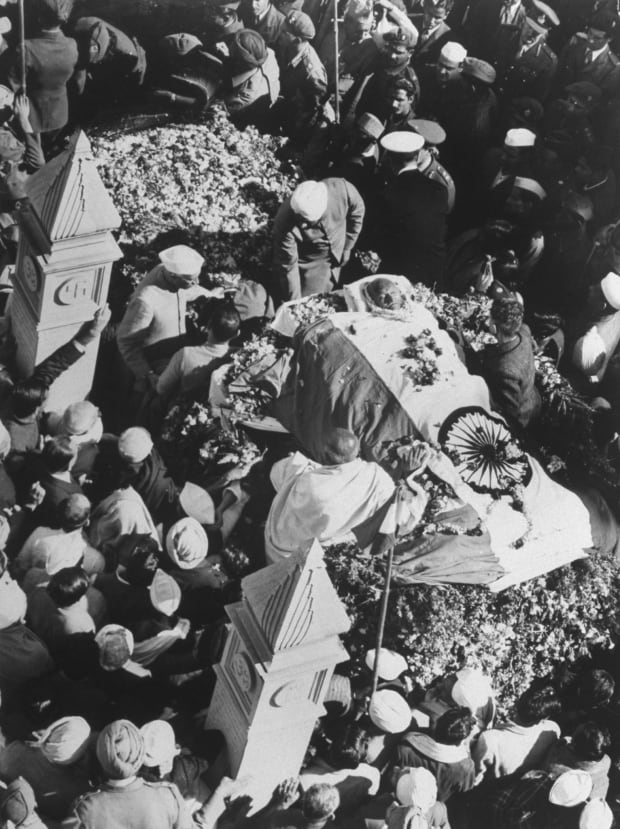Gandhi was assassinated by a Hindu nationalist
On January 30, 1948, a Hindu nationalist shot three bullets into Gandhi's chest, killing him. He was killed by Nathuram Godse. The light has left our lives, and there is darkness everywhere, the late Prime Minister Jawaharlal Nehru declared when he announced his death. The National Gandhi Museum was established following his passing. In India, the 2nd of October is observed as a national holiday in his honor. Moreover, today is the International Day Against Violence.
Gandhi was viewed by the British with a mixture of admiration, amusement, perplexity, distrust, and hatred. The British tended to view him, except for a small group of Christian missionaries and radical socialists, as, at best, a utopian visionary and, at worst, a crafty hypocrite whose claims to affinity with the British race were a cover for subverting the British raj. Gandhi was aware that there was a prejudice wall in place, and the goal of satyagraha was to break through it.
Gandhi's reputation as a great conciliator and mediator was established through research in the second part of the 20th century. His skills in that area were put to use in conflicts involving older, moderate politicians and young radicals, political terrorists and lawmakers, urban intellectuals and rural populaces, traditionalists and modernists, caste Hindus and Dalits, Hindus and Muslims, and Indians and the British, among others.












